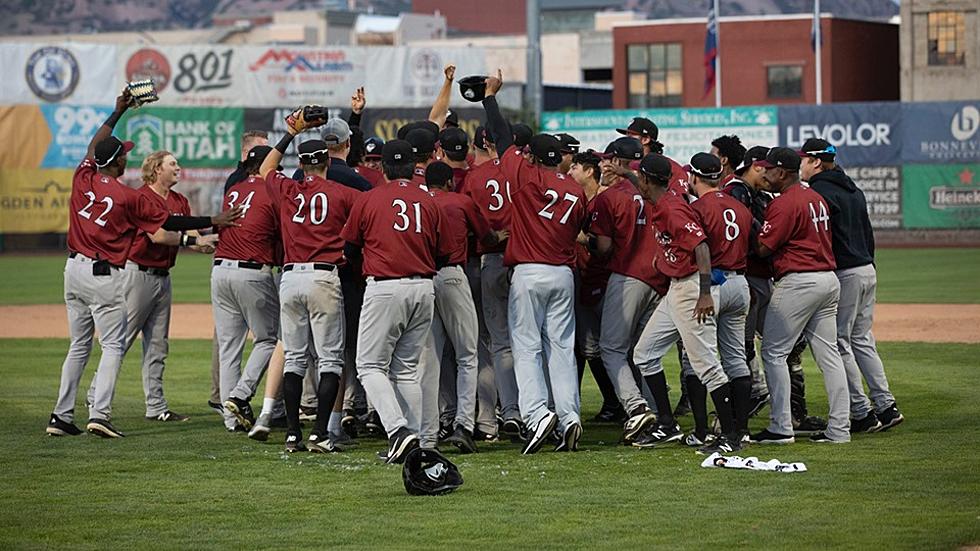
What Is a Monopoly?
Parker Brothers began marketing the popular board game, “Monopoly” way back in 1935 but monopolies have been with us much longer. Most of us have heard of monopolies but many people are not sure exactly what they are and how they might affect our daily lives past and present.
The Definition of A Monopoly
A monopoly is a company or group of companies that own all or nearly all of a particular type of product or service. In other words, it’s the absence of competition that can result in higher prices and/or inferior products and services.
If the Justice Department determines that a company meets this definition the company will usually be forced to divest itself of some of it’s assets to allow other weaker companies to compete.
Monopolies In The Marketplace
You can think of a monopoly as capitalism on steroids. Capitalism thrives on competition. The free market controls prices and quality of products and services. As I have said many times on my radio show, “No Company can succeed for long unless it helps someone.”
US Antitrust Laws
Three acts deal specifically with monopolies. The Sherman Act 1890, the Clayton Act 1914 and the Federal Trade Commission Act 1914. These acts are responsible for three primary protections. One, they restrict the formation of cartels or other groups that might be guilty of restraint of trade to potential competing businesses. Second, they restrict mergers or acquisitions between companies that could substantially lessen competition. And third, they prevent the creation of monopolies and any power that a monopoly might try to use against competitors.
Exceptions and Gray Areas With Monopolies
There are always exceptions to every rule and monopolies are no exception. Not sure that makes sense but here are some examples. The easiest to understand is patents on new inventions. A patent gives the patent holder a monopoly on that product for a set time frame. The idea is to give the inventor time to recover research and development costs. They also protect the inventor from deep pocket competitors that could just duplicate and market the product themselves.
Governments are the big dogs in the meat house when it comes to monopolies. There is only one place to get a drivers license or license plates, fishing license, water or electricity. The only way private citizens have to control price or government services is in the voting booth.
Baseball Monopoly
Baseball is probably the only true monopoly in the United States and has been since its inception. When the National League and American League combined to create Major League Baseball in 1903 no other competitors have been allowed. The few cases that were taken to the Supreme Court were rejected in various legal ways and baseball has held a monopoly for over 100 years.
Some Final Thoughts
Microsoft held a near monopoly on computer operating systems until Apple came along. When Apple got in financial trouble it was Bill Gates and Microsoft that came to the rescue otherwise Microsoft would have been broken up. The two giants vanquished most other startups and operating systems but as long as each had competition neither was considered a monopoly in the strict definition of the word. So the next time you break out the Monopoly game and try to corner the market be glad there are no antitrust laws to stop you from acquiring Park Place. Pass Go and collect $200 bucks.
More From KMMS-KPRK 1450 AM









